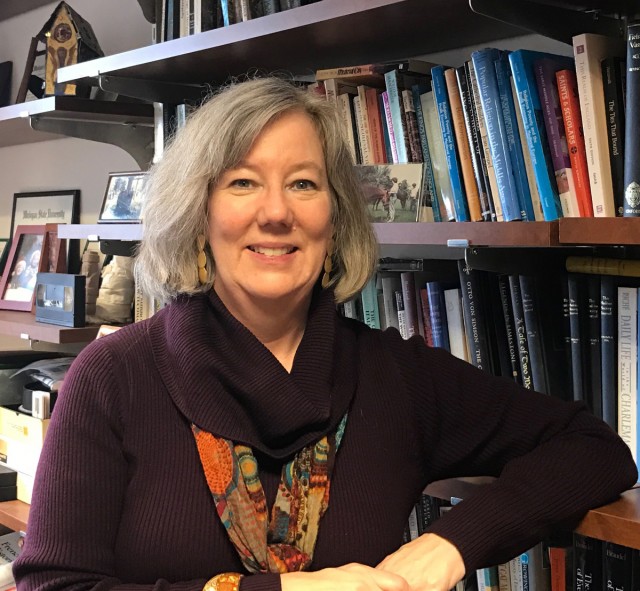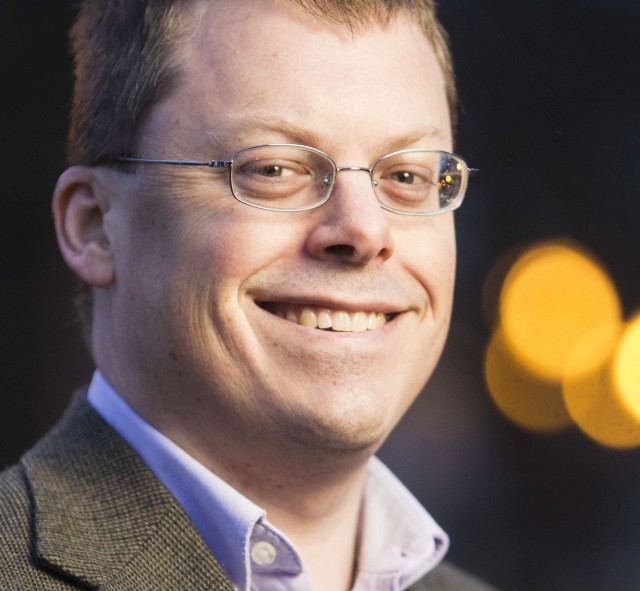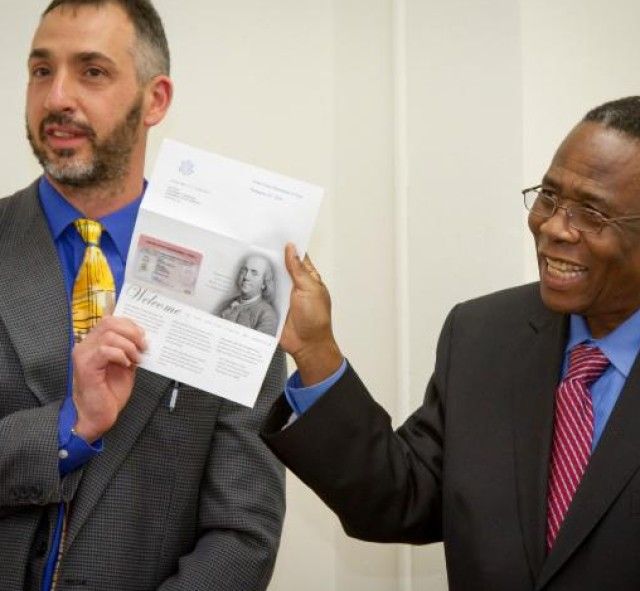Professor of History Christian Raffensperger has again elevated global understanding of Medieval Europe and Kyivan Rus.’ His latest book, Ties of Kinship: Genealogy and Dynastic Marriage in Kyivan Rus’, which was just published by Harvard University Press, is already being hailed as one “that has been needed for generations,” according to fellow historian Russell E. Martin at Westminster College.
“Anyone who has ventured into the Kyivan chronicles and other Rusian and western medieval sources immediately becomes disheartened by the maze of names and marriages of the Volodimeroviči,” Martin explained. “Not anymore, thanks to this book. But Ties of Kinship is more than a reference work; it is an erudite and ambitious work of interpretive historical scholarship that offers a source-based glimpse of how the Kyivan polity fit into a much broader social and political medieval European world. Anyone interested in Rusian history or medieval Europe will find this work indispensable.”
The Harvard Ukrainian Research Institute (HURI) agrees.
“The warp and weft of political and social relationships among the medieval elite were formed by marriages made between royal families,” notes the Institute. “Ties of Kinship establishes a new standard for tracking the dynastic marriages of the ruling family of Rus´—the descendants of Volodimer (Volodimeroviči). Utilizing a modern scholarly approach and a broad range of primary sources from inside and outside Rus´, Christian Raffensperger has created a fully realized picture of the Volodimeroviči from the tenth through the twelfth centuries and the first comprehensive, scholarly treatment of the subject in English.”
Raffensperger, who previously won the Ohio Academy of History Publication Award in 2013 for his work Reimagining Europe: Kievan Rus’ in the Medieval World, 988–1146, found the interconnectivity intriguing as he conducted research for Ties of Kinship.
“One of the things that fascinated me about Rus' was that though it is portrayed as part of Russian or Ukrainian history it is actually deeply interconnected with the rest of medieval Europe, even though medievalists don't typically acknowledge it,” he said, noting that while many of the dynastic marriages are already known, they’re often ignored in scholarship, largely due to the ‘silos’ that have come to define academic fields.
Raffensperger wanted to change that, which is why his latest work highlights the role of women by following the motivations and events surrounding dynastic marriages. In the case of Rus’, the vast majority of marriages with foreign polities involved Rusian women.
“The most basic part of women’s history is including women as part of the narrative,” Raffensperger said. “The larger issue is exemplifying how important women were to medieval history as a counter to the male-centric history that has been written for so long. In this case, I place the emphasis on the role that these women play as ambassadors of Rus’, guarantors of treaties, and advocates for their natal families.”
Active in multiple scholarly organizations, Raffensperger currently serves on the governing board of both the Byzantine Studies Association of North America and the Ohio Academy of History. He is also a founding member of the editorial board for the journal, The Medieval Globe, which brings scholarly interconnectivity to our modern understanding of the medieval world. Additionally, Raffensperger serves as an Associate of the Harvard Ukrainian Research Institute. He earned his B.A. from Bates College in Lewiston, Maine, and his M.A. and Ph.D. from the University of Chicago.
Currently he is at work on a new project focusing on intra-familial conflicts in medieval central and eastern Europe, and how those families manage those conflicts through the creation of "situational kinship networks," as a way to mitigate the effects of the conflicts.
Ties of Kinship is available now online at the Harvard Ukrainian Research Institute. For more information, please click here.







